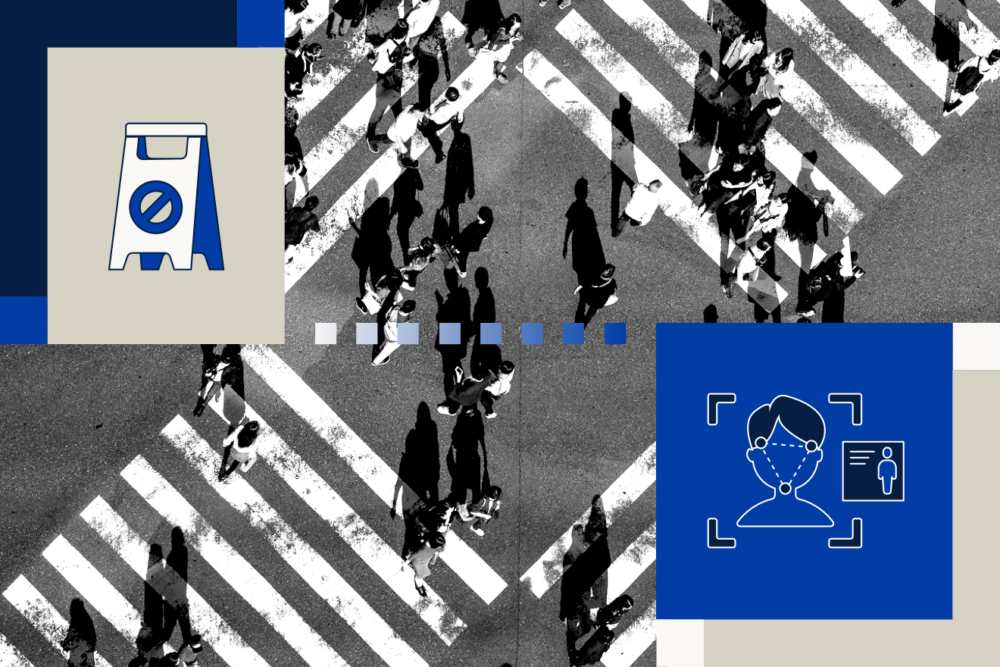Litigation is a battleground for platform accountability worldwide. A surge of lawsuits now targets the design choices behind online platforms—from extended use features and algorithmic manipulation to privacy violations. Many of these cases are employing legal theories grounded in consumer protection and product liability to attempt to make platforms answerable for their design decisions. As US lawsuits advance to critical discovery and remedy phases, there is a growing need to foster collaboration between three communities whose work sits at the intersection of platform design and the law: litigators, technology researchers, and legal scholars.
KGI has two litigation-oriented projects: Litigating Platform Design and Empirical Research in Tech Litigation.
Litigating Platform Design
KGI is working with the Tech Justice Law Project and the USC Neely Center to build a network of collaborators to develop practical resources and tools for direct use by litigators as they shape their approaches to discovery and remedy. Our joint Litigating Platform Design initiative seeks to bridge the gap between litigators, technology researchers, and legal scholars through empirical research, learning, convening, and development of model resources to bolster accountability strategies.
The Litigating Platform Design initiative is focused on three critical phases of litigation:
- Complaints: Clarifying the evidence base in relation to specific platform design elements and consumer harm.
- Discovery: Accessing and leveraging platform data to strengthen transparency and collective knowledge, and to reduce some of the asymmetry of information between parties.
- Remedy: Articulating evidence-informed principles and approaches to effective remedies that catalyze meaningful design changes and ongoing oversight.
Through research, stakeholder interviews, interdisciplinary convenings, and the development of model resources, the initiative informs litigation strategies, expands access to data and evidence, facilitates empirically-grounded design reforms, and catalyzes sustained collaboration across disciplines. While Litigating Platform Design is focused on the litigation context in the US, lessons and learning are relevant for emerging litigation in other jurisdictions, including the UK, Europe, East Africa, and beyond. Ultimately, this work seeks to help ensure that litigation plays a transformative role in safeguarding the public from potential harms of digital platform design.
Empirical Research in Tech Litigation
KGI and Georgetown University’s Communication, Culture & Technology (CCT) program are collaborating on a multi-year interdisciplinary research project to understand how empirical research is used in technology litigation in the US. Amid ongoing debates about platform design and online harms, this research project is mapping how and under what circumstances empirical evidence informs legal arguments and judicial reasoning in technology policy litigation in select cases.
As courts consider cases related to addictive design, consumer protection, age verification, and digital platform regulation, this project will map how empirical evidence informs legal arguments and judicial reasoning in technology policy litigation in select cases.
Key research questions include:
- What types of empirical studies are cited in legal briefs, amicus filings, and judicial decisions related to technology policy litigation?
- What are the disciplinary, methodological, and institutional characteristics of this research?
- How do courts treat such evidence – ignoring it, interpreting it, incorporating it, or relying on it determinatively?
- How does the use of empirical evidence spread from one case, filing, or decision to another?
This project seeks to clarify the role of empirical research in judicial processes and inform future scholarship, policy, and design related to platform accountability. The project is part of KGI’s broader effort to strengthen platform accountability by increasing the use of empirical evidence in litigation through collaboration among litigators, technology researchers, and legal scholars.
Learn more here.






